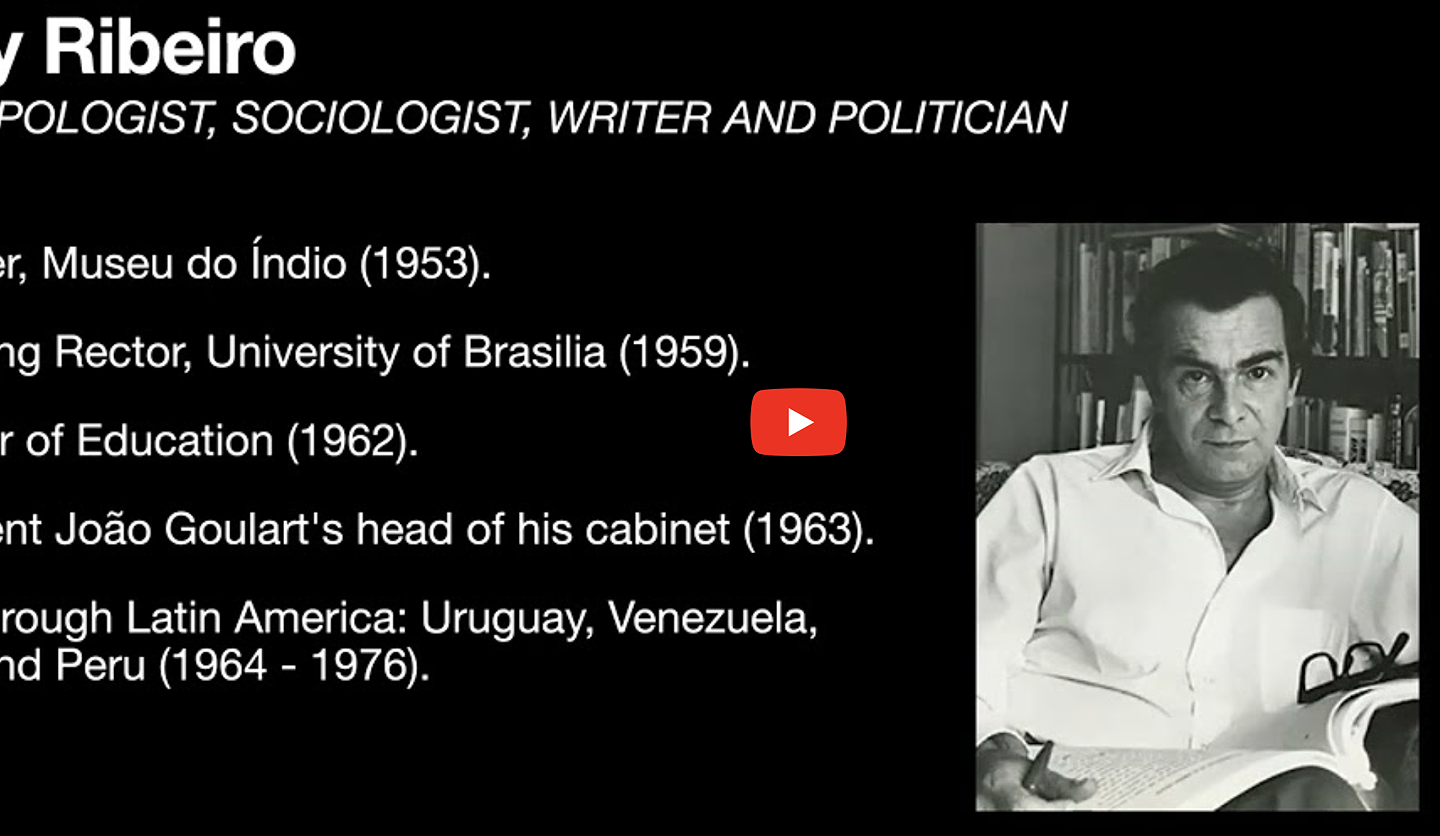
In 1968, General Juan Velasco Alvarado’s Revolutionary Government of the Armed Forces (RGAF), brought deep social and economic reforms in Peru. Among some of its most important reforms, the RGAF nationalized strategic resources companies (such as oil, telecommunications) and decreed an extensive land reform.
However, reforms were moving fast and the capacity to implement such reforms and structural changes required novel models for implementation, along with analysing their impact.
In 1972 the RGAF decided to create the Centre for the Study of People’s Participation, or CENTRO as it was commonly known, which aimed for interdisciplinary and quantitative research by translating theoretical concepts and field-based research into a model for a creative planning strategy , using social science and mathematical modelling (operations research).
The project was the brainchild of Brazilian anthropologist, Darcy Ribeiro and Argentine mathematician Oscar Varsavsky. Their main goal was to feed a computer with all available data (economic, political, social and cultural) in order to develop “mathematical experiments” aimed at drawing the ‘Peruvian model’ which nobody knows exactly what it was and where it could lead. Piloting new ways to analyse Peru’s society aimed in the long term at building a model that could be applicable in Latin America.
Speaker Bio
José-Carlos Mariátegui (PE/UK) is a writer, curator, scholar and entrepreneur on culture and technology. Studied Biology and Applied Mathematics and holds both Masters and Doctoral degrees in Information Systems and Innovation from the London School of Economics and Political Science – LSE (London).
Dr. Mariátegui is the founder of Alta Tecnología Andina – ATA (Lima, Peru), an organization working at the intersection of art, science, technology and society in Latin America. He is a Lecturer at LUISS (Rome), a Board Member of Future Everything (UK) and has published in journals such as AI & Society, Third Text, The Information Society, Telos and Leonardo.
His multidisciplinary research embraces media archeology, digitization, video archives and the impact of technology in memory institutions. He has curated internationally for more than two decades. One of his latest exhibitions, Quántica /Broken Symmetries (co-curated with Monica Bello), explores transdisciplinary artistic practice in interaction with scientists at CERN. He recently co-edited a special issue for AI & Society on Cybernetics in Latin America.
